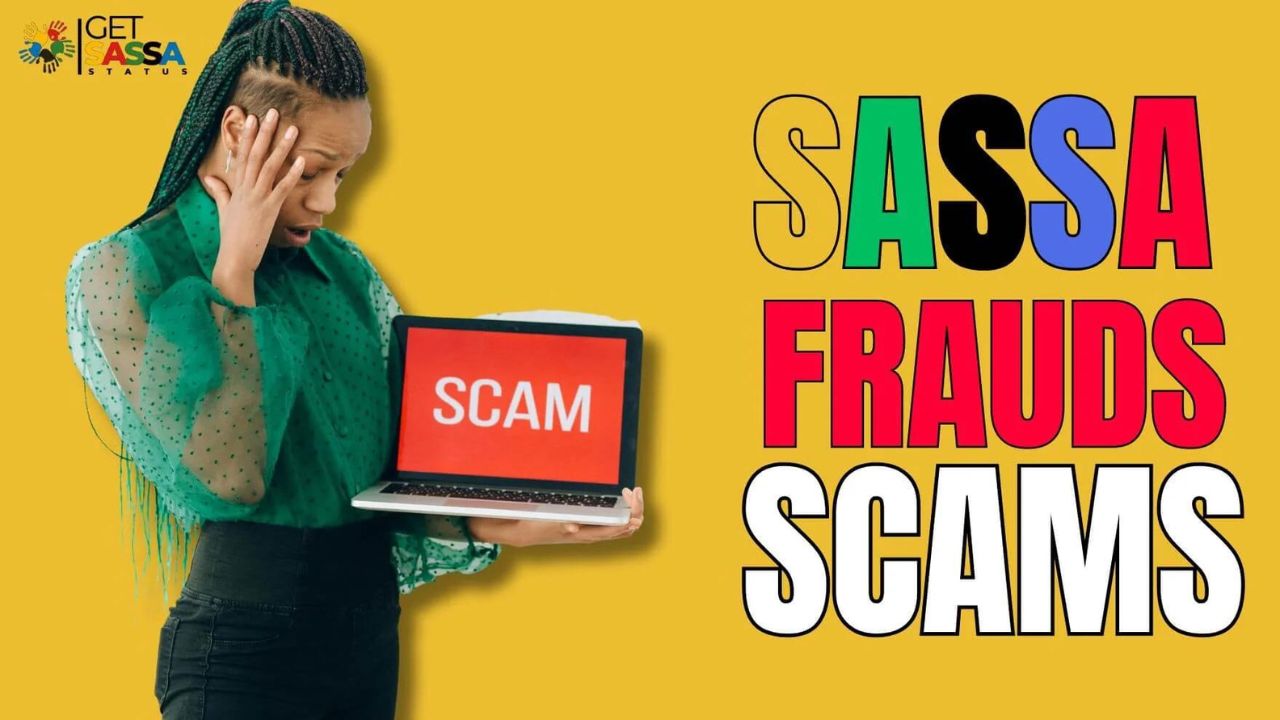False information and fake news have increased recently on chat applications and social media sites. False information on the Grant-in-Aid program of the (SASSA) has been disseminated recently. Many South Africans have been confused and concerned by this disinformation, especially those who depend on social assistance.
This page aims to enlighten readers on the details of SASSA’s award-in-aid, give precise information about who is eligible for the award, and advise them on how to avoid becoming victims of fraud and false information.
What is SASSA’s Grant-in-Aid?
One of the social grants offered by SASSA to assist South African nationals in need is the Grant-in-Aid. Those who currently receive an Older Person’s benefit, Disability Grant, or War Veteran’s Grant are eligible for this particular benefit. It is meant for those needing extra attention and assistance because of physical or mental limitations.

The Grant-in-Aid is intended to assist in defraying some of the expenditures related to an additional person’s regular attendance at daily life activities. Depending on the receiver’s needs, this might involve help with mobility, housework, or personal care.
Current False Information and News:
Much misleading information has recently been spreading via text messages, voice notes, and social media platforms. It says erroneously that SASSA requires medical reference paperwork to get a Grant-in-Aid. Through an official media release, SASSA has clarified that these assertions are untrue. As these false statements claim, there is no demand for extra medical paperwork; the Grant-in-Aid has its standards.
Many grant recipients and prospective applicants—already in vulnerable positions—have experienced needless uncertainty and alarm due to the bogus news. The general public must be aware of how dangerous this false information is and how it may cause people to fall victim to fraud or deception.
What are the Grant-in-Aid Eligibility Criteria?
To be eligible for the SASSA Grant-in-Aid, a person needs to:
- Receive a grant for a war veteran, a disability, or an older person.
- Require someone else’s regular presence to carry out everyday tasks because of a mental impairment.
No further medical forms besides the regular documents for the first awards are needed. It is crucial to confirm any information immediately through SASSA’s official channels or by going to the closest local SASSA office if you or someone you know needs assistance.
Protecting Yourself from Misinformation:
It’s critical to safeguard others and oneself from false information in this day and age of quick disinformation dissemination, especially regarding delicate subjects like social grants. Here are some actions that you can do:
- Verify Information: You should always use the official SASSA website or contact a SASSA office to confirm the integrity of any information you find on awards from the SASSA.
- Ignore Unverified communications: Unless they come from reliable sources, do not forward or share communications regarding SASSA awards or any other official information. Avoiding communications from Facebook, WhatsApp, and other unverified social media platforms is part of this.
- Teach Others: Share with your loved ones and neighbors the dangers of false information and the significance of fact-checking sources. Urge them to always look for information from authorized sources.
- Report Scams and Misinformation: Report any scams or misleading information related to SASSA awards to SASSA directly or to the appropriate authorities. This keeps false information from spreading and keeps others from falling victim.
False information can have detrimental effects, mainly if it targets groups already at risk, such as beneficiaries of social grants. SASSA has taken the initiative to rectify the misleading information regarding the Grant-in-Aid to guarantee that the public is given correct information. Our collective responsibility is to be alert, look for the truth from reliable sources, and stop the propagation of false information. By doing this, we can guard against confusion and possible injury for our communities and ourselves.
